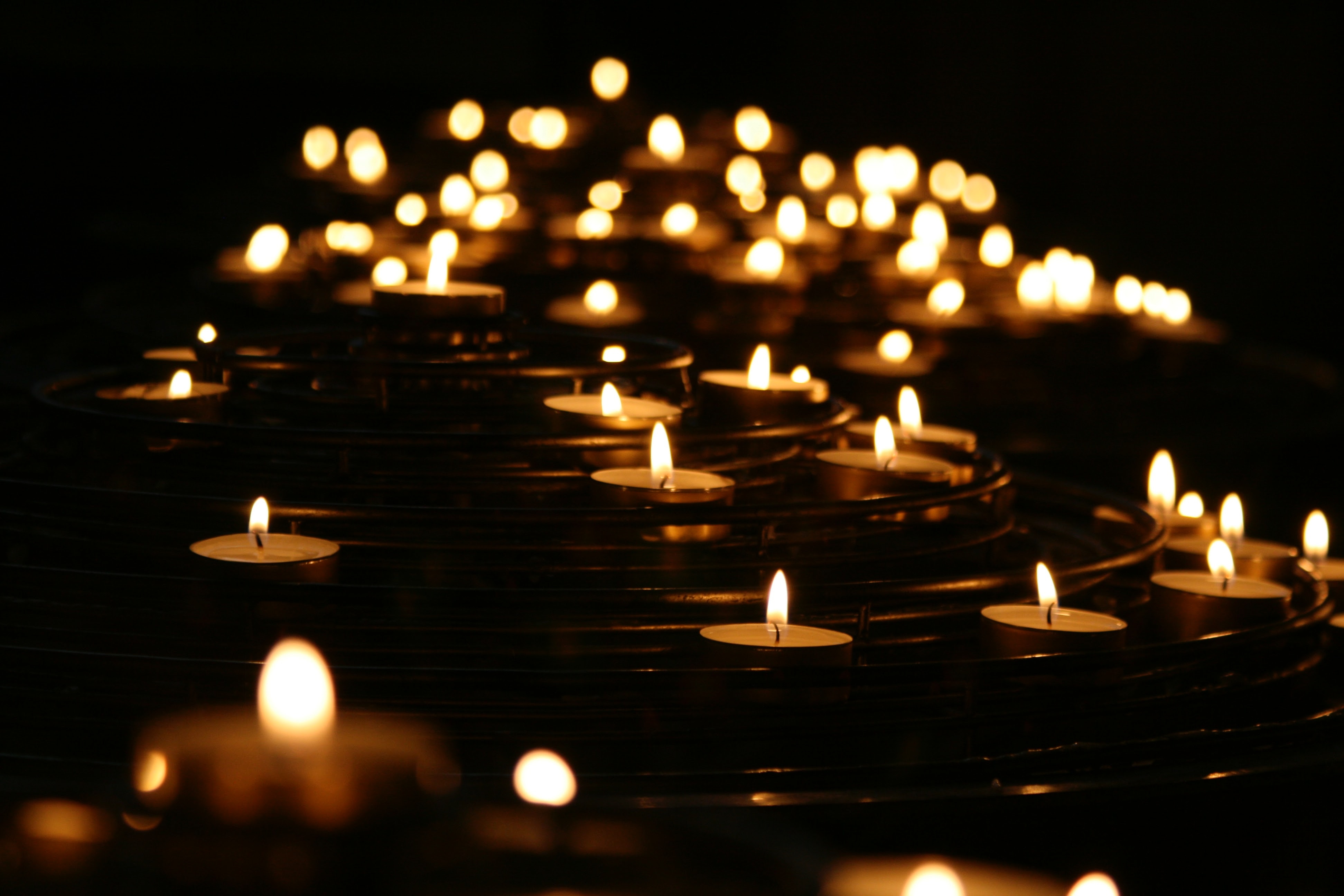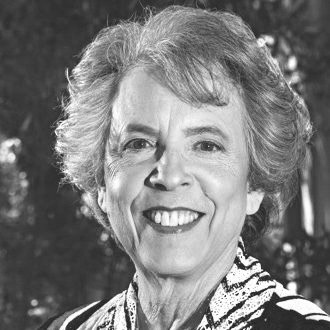
There is a folk saying in the Talmud: “Tzedakah saves one from death.” I always thought of it as wishful thinking or superstition. But now I know it is true. My husband, Richard Siegel, died at the beginning of the month of Av, a month associated with tragedy. I went to the weekday morning minyan at Temple Beth Am to say Kaddish. The formal period of mourning for a spouse is 30 days. It ended at the beginning of Elul.
There is a custom in a morning minyan that one puts tzedakah, a few dollars, in a pushke that is passed around. One morning, as I searched in my purse for the dollar, I suddenly realized that tzedakah really does save from death. It doesn’t save the people we love from dying; everyone dies. But tzedakah, and the community that comes together around it, saves the one who is mourning from a living death, a heaviness that makes life seem unbearable.
Richard’s contributions to transforming Jewish life through the Jewish Catalog, Havurat Shalom, the National Foundation for Jewish Culture, Hebrew Union College’s Zelikow School of Jewish Nonprofit Management, and his latest project, ChaiVIllageLA, were all celebrated in many different articles in the Jewish press. My wonderful community at Temple Emanuel of Beverly Hills surrounded me and my family with love and attention, taking care of every detail of the funeral and the shivah. It was overwhelming and very public. I am so very grateful for the outpouring of love.
I am also grateful to that minyan at Beth Am for giving me a more intimate place to mourn. We comfort mourners with the words “Ha Makom yinachem etchem b’toch shaar avlei Zion v’Yeshalyaim” (May God comfort you along with all the other mourners of Zion and Israel). The name of God that is used is Ha Makom (The Place). The minyan was a place made holy through the other people who were part of it, many of whom came to the minyan years earlier when they themselves were mourners. I didn’t know most of the others; most didn’t know my husband. I was anonymous and yet seen. I was counted and yet it was private. No one seemed frightened by my tears. I was given the room to feel what I was feeling, to move through the liturgy (or not) at my own pace.
In all honesty, the liturgy of the morning service didn’t move me. But some of the images that jumped out at me did: that while there might be tears in the evening, the morning could bring joy; that even from a narrow place I could call out for a vision of expansiveness; that each day has its own psalm just as each day brought a different experience of mourning, “today and every day.” That the Shema is surrounded by images of love — how God loves us and how we show God our love , an insight that invited me to think about the ways Rich showed me his love and some of the ways I had shown him mine. Those memories brought me comfort, as did the 20 minutes it took to drive to the minyan, the half-hour service and the 20 minutes getting home, which seemed to be times I was spending with him.
It is hard to believe that a month has passed, from Av, a month of sadness, to Elul, a month that begins the journey to a new year. That journey for me was eased because of that morning minyan, that sacred Makom. For that I am very grateful.
Tzedakah saves one from death. Perhaps that is also why we often welcome contributions in the memory of someone who has died. Our family is grateful for the many contributions to three of the organizations that meant so much to him: chaivillagela.org, Bend the Arc and IRAC, the Israel Religious Action Center.
His memory is a blessing.
Rabbi Laura Geller is Rabbi Emerita of Temple Emanuel in Beverly Hills.


































 More news and opinions than at a Shabbat dinner, right in your inbox.
More news and opinions than at a Shabbat dinner, right in your inbox.